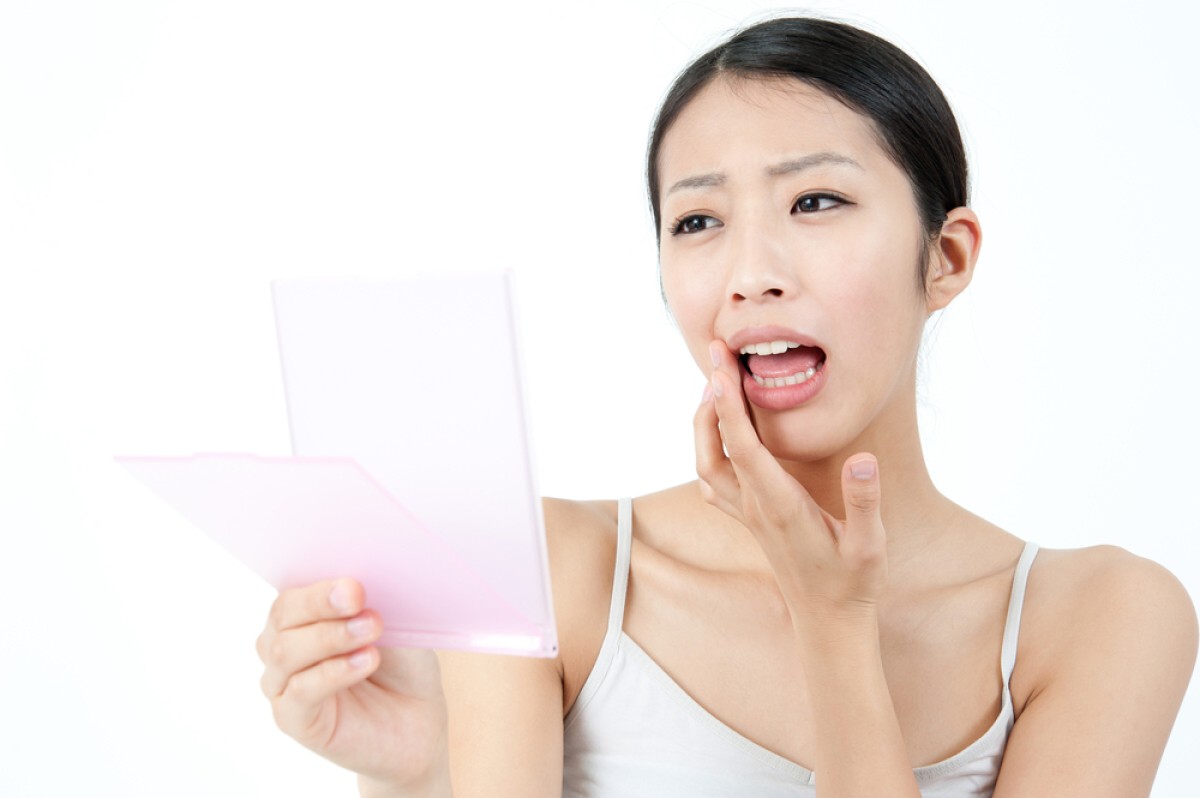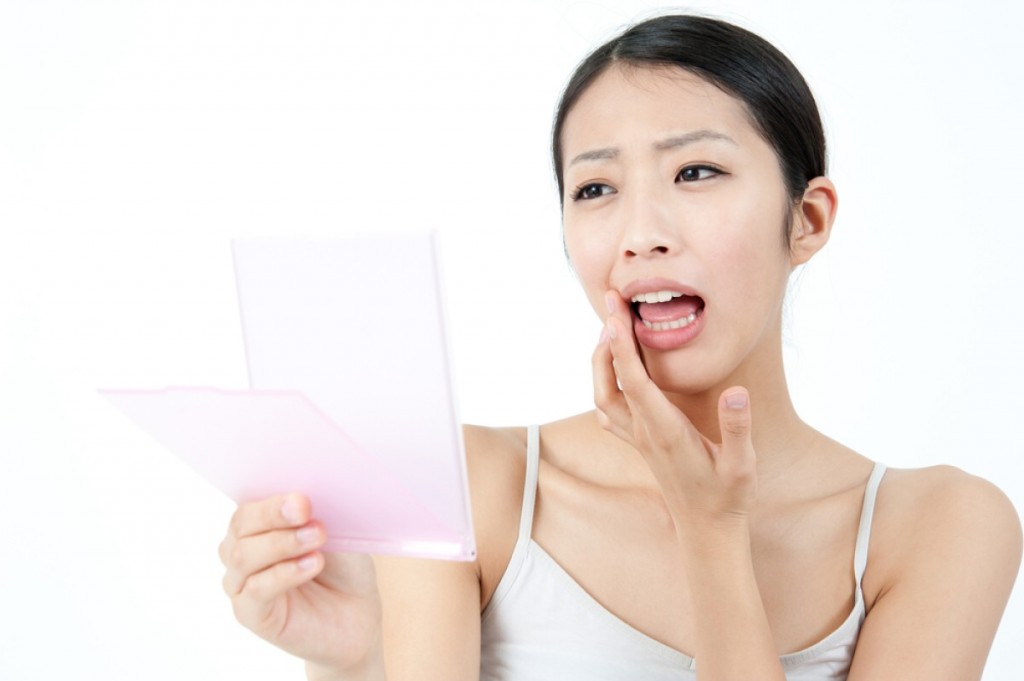Top 10 Tips For Treating Problematic Skin

Blemishes, redness, and visibly problematic skin conditions are common issues that affect more than 85% of teenagers, 25% of men and almost 50% of women. This as a result can lower self esteem and confidence. Apply the following tips and say bye to problem skin….

1. Wash your face twice daily with a pH balanced cleanser. Lack of hygiene can be a factor so ensure you wash your face regularly and thoroughly.
2. Watch what you put on your hair. Avoid using fragrances, oils, pomades, or gels on your hair . If they get on your face, they can block your skin’s pores and irritate your skin. Use a gentle shampoo and conditioner.
3. Exfoliate your face. Exfoliating, which removes the layer of dead skin cells, is also important for healthy skin. After washing your face with a mild cleanser, exfoliate with face facial scrub one to two times a week
4. Drop dairy from your diet (even that little bit in your latte). Dairy products—even those that are organic—contain cow hormones that stimulate your oil glands and your pores, leading to acne
5. Don’t wait to moisturize. Most creams and lotions have key ingredients that create a protective barrier on the surface of the skin to lock in moisture, but because skin cools itself by evaporating water, you only have a few minutes before that hydration is gone forever.
6. Exfoliate… without scrubbing. “Over time, the natural enzymes in your skin work less effectively at removing dead skin cells, so they hang on and prevent your skin from reflecting light,” says Wechsler. The result? You look ashy and gray.
7. Wash your pillowcase and sheets regularly. Pillows and pillowcases have been known to exacerbate and perhaps even cause acne breakouts. Wash your pillowcases regularly as germs and bacteria can often build up and cause blemishes .
8. First things first. Avoid picking or squeezing any blemishes as this can lead to more breakouts and scarring
9. Eat as healthily as possible, including fruit and vegetables. Drink plenty of water. Avoid Vitamin B and growth supplements. Consume lots of fibre; often if you are having digestive problems this can cause breakouts across the cheeks.
10. Moisturize. Many acne products contain ingredients that dry the skin, so always use a moisturizer that minimizes dryness and skin peeling. Look for “noncomedogenic” on the label, which means it should not cause acne.




